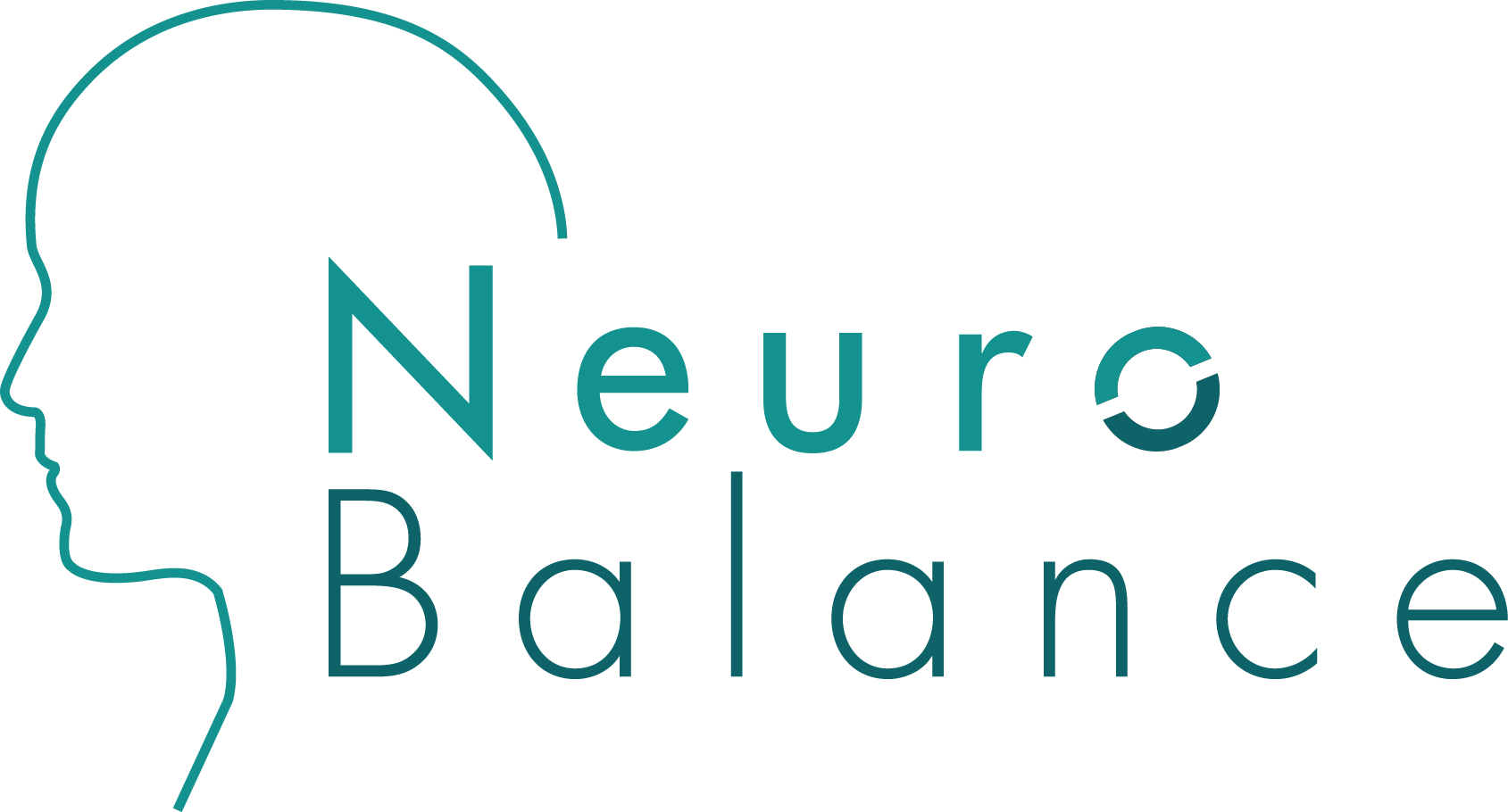Unraveling the Mysteries of the Vagus Nerve: Beyond Rest and Digest
Introduction
When we think of the vagus nerve, the familiar term "rest and digest" often comes to mind. However, recent studies reveal that this crucial nerve, also known as the "wandering nerve" due to its extensive reach throughout the body, plays far more complex and diverse roles in our physiological and mental health than previously understood.
The Vagus Nerve: A Brief Overview
The vagus nerve, part of the parasympathetic nervous system, is traditionally associated with calming the body, regulating heart rate, and aiding digestion. As a mixed nerve, it contains both afferent (sensory) and efferent (motor) fibers, making it a key player in transmitting information between the brain and various organs.
Beyond Rest and Digest: Expanding Roles of the Vagus Nerve
Regulation of Gut-Brain Communication: The vagus nerve has been found to significantly impact the communication between the gut and the brain. This interaction is crucial for higher-order cognitive functions like goal-directed behavior.
Influence on Heart Function During Exercise: Contrary to the traditional view that the vagus nerve is only active during rest, recent research indicates its vital role in regulating heart function during physical activity. This discovery is crucial for understanding heart disease and improving exercise tolerance in heart failure patients.
Impact on Reward Sensitivity and Action: The vagus nerve contributes to the regulation of reward signaling and instrumental actions, essential for adaptive behavior and survival.
Involvement in Broader Physiological Processes: Studies suggest the vagus nerve's involvement in broader physiological processes and behaviors, challenging the limited perception of its function.
Synergistic Function with the Sympathetic Nervous System: In exercise, the vagus nerve works in tandem with the sympathetic nervous system, enhancing the heart's ability to pump blood efficiently.
The Vagus Nerve and Mental Health
The connection between the vagus nerve and the brain highlights its significant impact on mental health. By affecting various brain regions associated with motivation and behavior, the vagus nerve can influence our mental state and overall well-being. This understanding opens new avenues for treating mental disorders by considering the interplay between physical and psychological factors.
Enhancing Vagus Nerve Function: Health and Lifestyle Tips
Building on our understanding of the vagus nerve's extensive roles, let's explore practical ways to enhance its function. These approaches encompass nutrition, exercise, mindfulness, and lifestyle changes, contributing to improved physical and mental well-being.
Nutrition and the Vagus Nerve
Anti-Inflammatory Foods: Consuming foods rich in anti-inflammatory properties can benefit vagus nerve function. These include omega-3 fatty acids found in fish, nuts, and seeds.
Probiotics and Gut Health: Given the vagus nerve's role in gut-brain communication, maintaining a healthy gut microbiome is crucial. Probiotic-rich foods like yogurt, kefir, and fermented vegetables can be beneficial.
Balanced Diet: A diet rich in fruits, vegetables, whole grains, and lean proteins supports overall health, indirectly benefiting the vagus nerve.
Exercise and Physical Activity
Regular Cardiovascular Exercise: Activities like brisk walking, jogging, or cycling can improve heart rate variability, a marker of vagus nerve health.
Yoga and Stretching: Yoga, known for its breathing and relaxation techniques, can stimulate the vagus nerve and enhance its tone.
Strength Training: While predominantly associated with muscular health, strength training also contributes to overall cardiovascular and nervous system health.
Mindfulness and Mental Health
Deep Breathing Exercises: Practices like diaphragmatic breathing activate the vagus nerve, promoting relaxation and reducing stress.
Meditation: Mindfulness meditation can improve vagal tone, positively impacting heart rate variability and stress response.
Guided Imagery and Relaxation Techniques: Techniques that encourage relaxation and mental calmness can stimulate the vagus nerve, enhancing its function.
Lifestyle Changes
Adequate Sleep: Regular, restful sleep is crucial for maintaining the health of the vagus nerve.
Reducing Stress: Engaging in activities that reduce stress, such as hobbies, socializing, or spending time in nature, can positively affect vagal tone.
Cold Exposure: Brief exposures to cold, such as cold showers, can stimulate the vagus nerve.
By incorporating these nutrition, exercise, mindfulness, and lifestyle tips into our daily routines, we can support and enhance the functioning of the vagus nerve. This, in turn, can lead to improvements in our physical health, mental well-being, and overall quality of life.
These tips are general guidelines and should be adapted to individual health conditions and preferences. It's always advisable to consult healthcare professionals before making significant changes to your diet, exercise, or lifestyle, especially if you have existing health conditions.
Conclusion
The vagus nerve, far more than a simple facilitator of rest and digest, plays a crucial role in various bodily functions and our mental health. Understanding its complex roles can lead to innovative treatments for nervous system disorders and a better grasp of the mind-body connection.
References:
The expansive role and intricate functioning of the vagus nerve were detailed in a discussion with Professor Nils Kroemer, highlighting its significance beyond traditional functions (Technology Networks).
A study by the University of Auckland revealed the importance of the vagus nerve in heart function during exercise, challenging previous assumptions about its role (New Atlas; SciTechDaily).
-A Balanced Brain is a Better Brain for a Happier Life-
